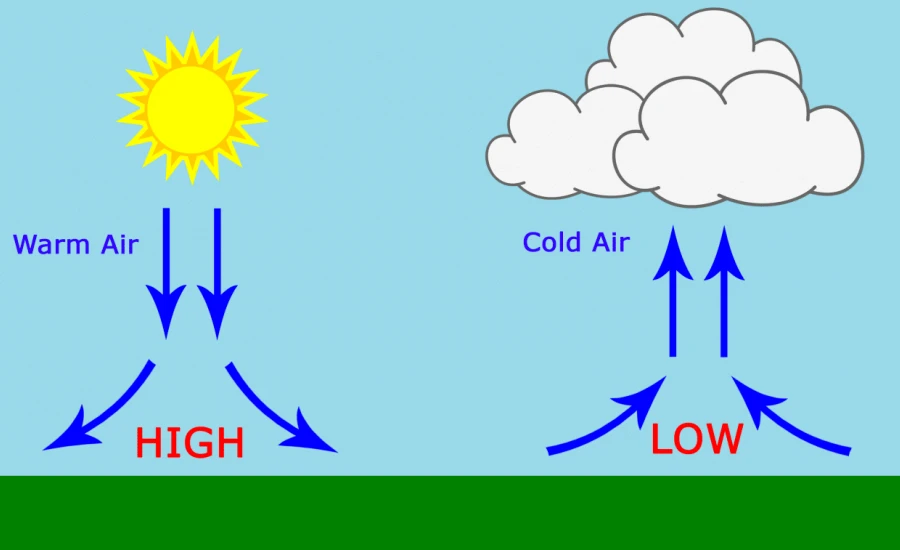
# Atmospheric Air Pressure: Definition and Explanation
## What is Atmospheric Air Pressure?
Atmospheric air pressure, often simply called air pressure or atmospheric pressure, is the force exerted by the weight of the Earth’s atmosphere on a given surface area. It is the pressure caused by the weight of air molecules pressing down on the Earth’s surface and everything on it.
## How is Air Pressure Measured?
Air pressure is typically measured using a barometer and is expressed in several units:
– Pascals (Pa) – the SI unit
– Millibars (mb) – commonly used in meteorology
– Inches of mercury (inHg) – traditional measurement
– Atmospheres (atm) – standard atmospheric pressure at sea level
## Factors Affecting Atmospheric Pressure
Several factors influence atmospheric pressure:
### 1. Altitude
Pressure decreases with increasing altitude because there’s less atmosphere above to exert downward force.
### 2. Temperature
Warmer air is less dense and exerts less pressure, while colder air is denser and exerts more pressure.
### 3. Humidity
Moist air is less dense than dry air at the same temperature, resulting in slightly lower pressure.
### 4. Weather Systems
High and low pressure systems significantly affect local atmospheric pressure.
## Standard Atmospheric Pressure
At sea level and at a temperature of 15°C (59°F), standard atmospheric pressure is defined as:
– 101,325 Pascals (Pa)
– 1013.25 millibars (mb)
– 29.92 inches of mercury (inHg)
– 1 atmosphere (atm)
## Importance of Atmospheric Pressure
Understanding atmospheric pressure is crucial for:
– Weather forecasting
– Aviation and aerospace operations
– Scuba diving and high-altitude activities
– Engineering applications
– Human physiology studies
## How Pressure Changes Affect Us
Changes in atmospheric pressure can:
– Influence weather patterns
– Affect human comfort and health
– Impact aircraft performance
– Change boiling points of liquids
– Affect the behavior of gases
Atmospheric pressure is a fundamental concept in meteorology and physics that helps us understand and predict many natural phenomena and technological applications in our daily lives.
Keyword: atmospheric air pressure definition
Comments are closed